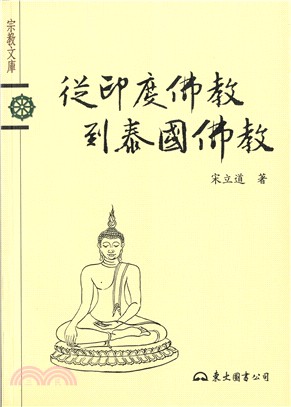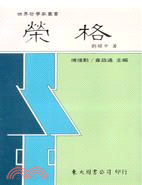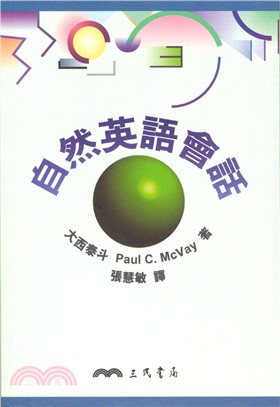Africa's Lost Decades: European Colonialism in Algeria, Cameroon, Nigeria and South Africa
商品資訊
定價
:NT$ 480 元無庫存,下單後進貨(到貨天數約30-45天)
可得紅利積點:14 點
相關商品
商品簡介
商品簡介
During the late 19th and early 20th centuries, when European nations acquired and upheld political rule over substantial portions of Africa, this was known as colonialism. Economic, political, and social factors such as the quest for resources, markets, tactical advantages, and the extension of European culture and influence drove this period. The Berlin Conference of 1884-1885, where European countries discussed the division and colonization of the African continent, marked the beginning of the colonization of Africa in the late 19th century. Britain, France, Germany, Belgium, Portugal, Italy, and Spain were among the major European colonial powers active in Africa. Different tactics were used by European colonial forces to establish control over African lands. By means of military force and agreements with local African leaders, they established formal colonies, protectorates, and spheres of influence. In order to monitor the administration and exploitation of African resources, colonial administrations were established. Africa was significantly and permanently impacted by European colonialism. Economically, it resulted in the extraction of natural resources from Africa, including agricultural goods, minerals, and wood, which were shipped to European markets. African economies were frequently designed to satisfy the needs of the colonial powers, which resulted in the exploitation and destitution of the native populace. European colonial troops took a variety of approaches to seize power over African territories. They created official colonies, protectorates, and spheres of influence through military power and negotiations with indigenous African authorities. Colonial administrations were set up to keep an eye on the management and exploitation of African resources. European colonialism had a tremendous and lasting impact on Africa. Economically, it led to the export of African natural resources, such as agricultural products, minerals, and wood, to European markets. The local population of Africa was regularly exploited and left in squalor as a result of African economies that were frequently created to meet the demands of the colonial powers. After World War II, nationalist movements gained traction and colonialism came under increasing international criticism, which sparked the process of decolonization in Africa. The bulk of African nations gained independence by the 1960s, but colonialism's legacy continues to influence African civilizations and their interactions with former colonial powers.
主題書展
更多
主題書展
更多書展本週66折
您曾經瀏覽過的商品
購物須知
外文書商品之書封,為出版社提供之樣本。實際出貨商品,以出版社所提供之現有版本為主。部份書籍,因出版社供應狀況特殊,匯率將依實際狀況做調整。
無庫存之商品,在您完成訂單程序之後,將以空運的方式為你下單調貨。為了縮短等待的時間,建議您將外文書與其他商品分開下單,以獲得最快的取貨速度,平均調貨時間為1~2個月。
為了保護您的權益,「三民網路書店」提供會員七日商品鑑賞期(收到商品為起始日)。
若要辦理退貨,請在商品鑑賞期內寄回,且商品必須是全新狀態與完整包裝(商品、附件、發票、隨貨贈品等)否則恕不接受退貨。























